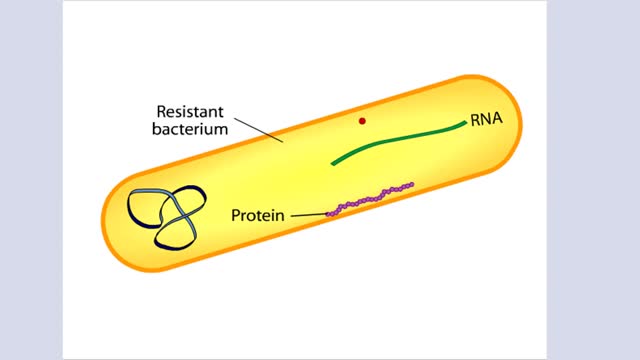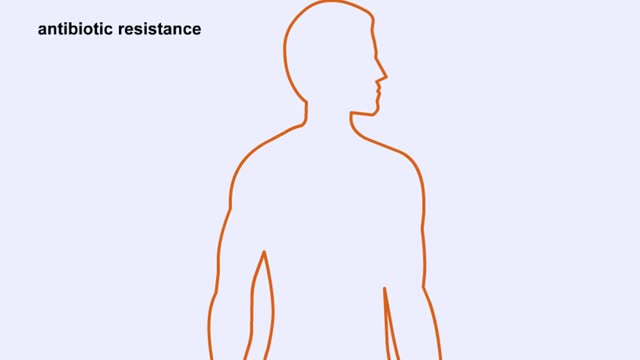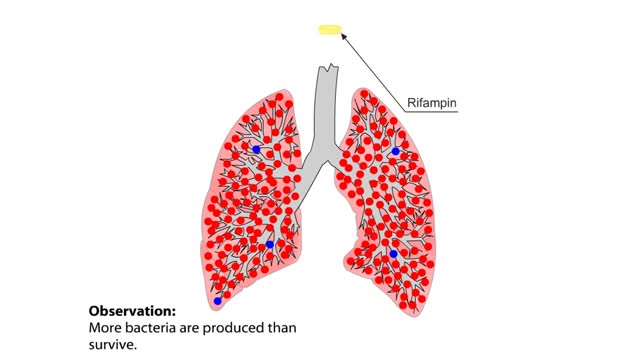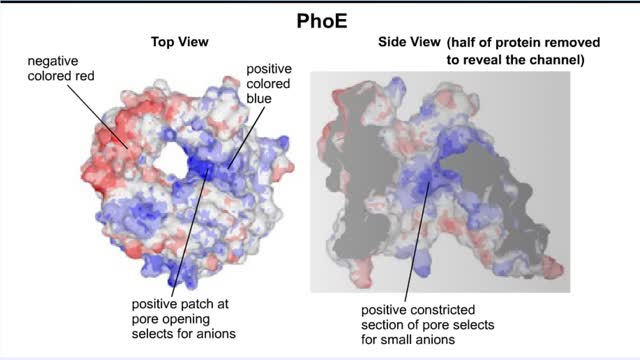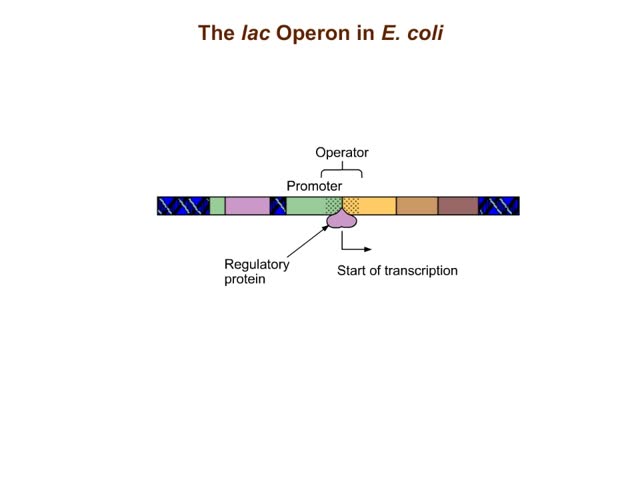Search Results
Results for: 'antibiotic'
By: HWC, Views: 10899
The Crisis in Antibiotic Resistance More than 70 years ago, Alexander Fleming discovered penicillin. A few decades later, when this antibiotic was used in World War II, Fleming's discovery had revolutionized medicine. No longer did people have to die from something as trivial as an infected cut.Y...
Natural Selection, Species Isolation and Real World Example
By: HWC, Views: 10643
`Natural selection' is the process in which organisms with adaptive traits survive and breed in greater number than organisms without such traits. Eventually, almost all of the individuals in the population will have the same adaptive trait. This was the concept presented by Charles Darwin in ...
Mycobacterium tuberculosis: Drug Resistance and Natural Selection
By: HWC, Views: 10002
The evolution of drug resistance in microorganisms, such as M. tuberculosis, that cause human diseases is of particular concern to biologists. When Mycobacterium tuberculosis infects the lungs of humans, it causes the disease tuberculosis, also called TB. Once infected, the lungs act as a new...
By: HWC, Views: 10387
Transmembrane channels, also called membrane channels, are pores within a lipid bilayer. The channels can be formed by protein complexes that run across the membrane or by peptides. They may cross the cell membrane, connecting the cytosol, or cytoplasm, to the extracellular matrix. Membrane po...
By: Administrator, Views: 14338
Otitis media is a group of inflammatory diseases of the middle ear. The two main types are acute otitis media (AOM) and otitis media with effusion (OME). AOM is an infection of rapid onset that usually presents with ear pain. In young children this may result in pulling at the ear, increased cryi...
By: Administrator, Views: 15357
The lac operon (lactose operon) is an operon required for the transport and metabolism of lactose in Escherichia coli and many other enteric bacteria. Although glucose is the preferred carbon source for most bacteria, the lac operon allows for the effective digestion of lactose when glucose is no...
Advertisement



